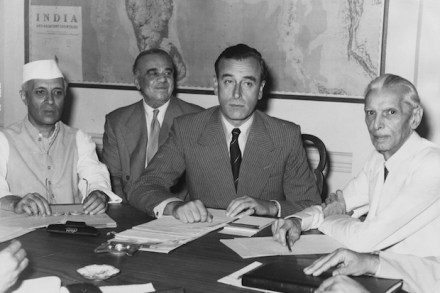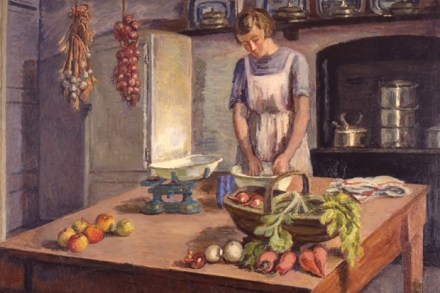What seamen fear more than Somali pirates
If a time traveller were to arrive in our world from, say, 1514 — a neat half-millennium away — what single feature would strike them most? What could they use on their return to try and explain the sheer weirdness of the future? A crowded mega-city? A hospital? An international airport? A computer? What about this — a container ship, a fifth-of-a-mile of steel transport travelling thousands of miles across unknown oceans filled with 150 tonnes of New Zealand lamb, 138,000 tins of cat food, 12,800 MP3 players and any amount of the paraphernalia for which the frenetic people of the 21st century work so hard to be able to




















